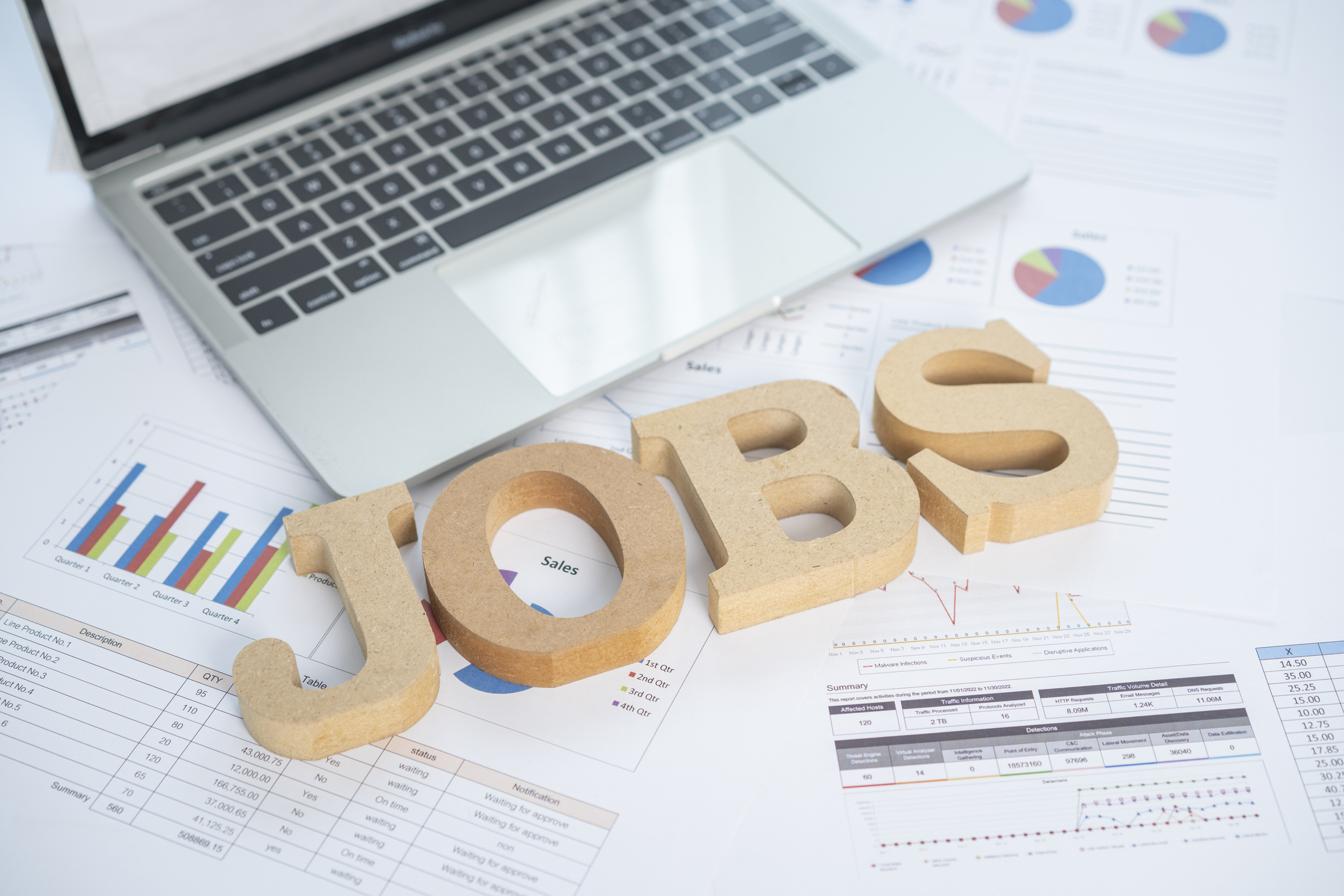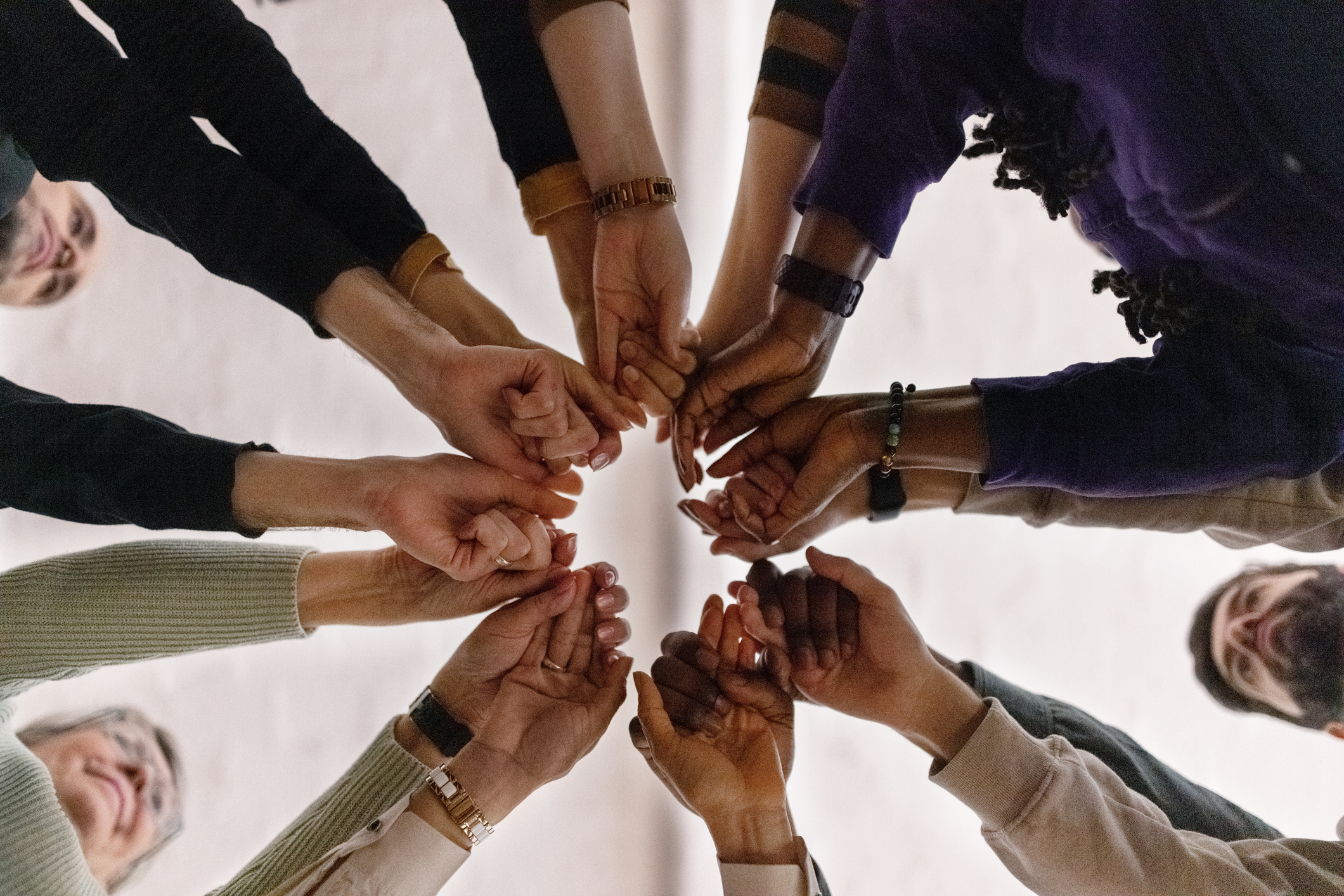A woman named Samantha Cohen recently caught the attention of over half a million people when she broke down this article from the New York Times. You can view the video here.

"There are two specific birth years. The people who are turning 33 and 34 this year that make up the peak of America's population. People of this age make up 13% of the millennial generation," she continues.

"The (New York Times) author calls these people 'peak millennials.' As they've aged, they're shaping the American economy in a very specific way. And, after looking at this information, it makes a little bit more sense on why the economy is performing in some surprising ways."

"The median age for first-time home buyers is around 35 — and peak millennials are now approaching this age. Also, there's a very low inventory for homes. But, given the sheer generational numbers, it also helps to explain why the entry-level homes is still incredibly fierce."

"We also heard that people are having historically fewer kids. Many of these peak millennials are still worried about their finances. They cite financial concerns as one of the top reasons they're choosing to delay having kids."

"The takeaway here is that peak millennials have major sway over the US economy because of the timing of their life milestones. Because there are so many of us, our buying power has an outsize impact on the American economy. There's definitely power in numbers," Samantha concluded.

"Peak millennials" FLOODED the comments:

Many of whom came forth with their financial struggles:


As well as their hesitancy to have kids:


Despite all this, it is very apparent that "peak millennials" have big goals to make a difference:

BuzzFeed spoke to Samantha who creates content around business, career, and money. "I work in Big Tech and have my MBA from UC Berkeley Haas School of Business," she said.

Samantha said the biggest thing to learn from her explainer is that "peak millennials" make up the largest group of people born in a given few years in America's population. "Society as a whole can benefit from learning this information. I think it's useful for people to learn the demographics and societal shifts that occur within each generation — this teaches us about ourselves and the world we live in. Learning more about this specific generation can help us understand how the world will continue to evolve as the peak millennials age and move on through the world," she explained.
"I was fascinated by the New York Times article because it deconstructed some of the most important life milestones for people in their early-to-mid thirties. Most importantly, it offered some data and explanation for why this specific micro-generation was experiencing hardships that other micro-generations may not have faced," she added.
As a 31-year-old, Samantha said the article echoed conversations she's had with friends and people around her age. "We've been delayed in achieving milestones when compared to our parents' generation... Many of my followers are also in their early-mid thirties, so many of them share a sentiment of feeling like they are 'behind' on achieving these life milestones," Samantha said, adding that it also helps answer the 'why' for so many people who feel this way.

In fact, millennials who feel pressure to achieve certain milestones in life — like having children or buying a home — experience overwhelming anxiety about it. It is referred to as "milestone anxiety," and both millennials and Gen Z are experiencing it more than prior generations.

The challenges of meeting these big life milestones are impacted by many elements — but mostly by money. "Macroeconomic conditions and governmental regulations also impact things but I think that the size of this micro-generation contributes to it to some degree. This information can shape how 'peak millennials' look at their lives, and hopefully, it allows them to not be so hard on themselves. It's encouraging to realize that they are in a similar stage as millions of others also experiencing the same challenges."

Lastly, Samantha thinks it's worth pointing out that the largest generational wealth transfer — about $84 trillion — is supposed to happen over the next few decades. "This wealth transfer will also play a role in the economic trajectory of millennials and Gen Z," she concluded.


